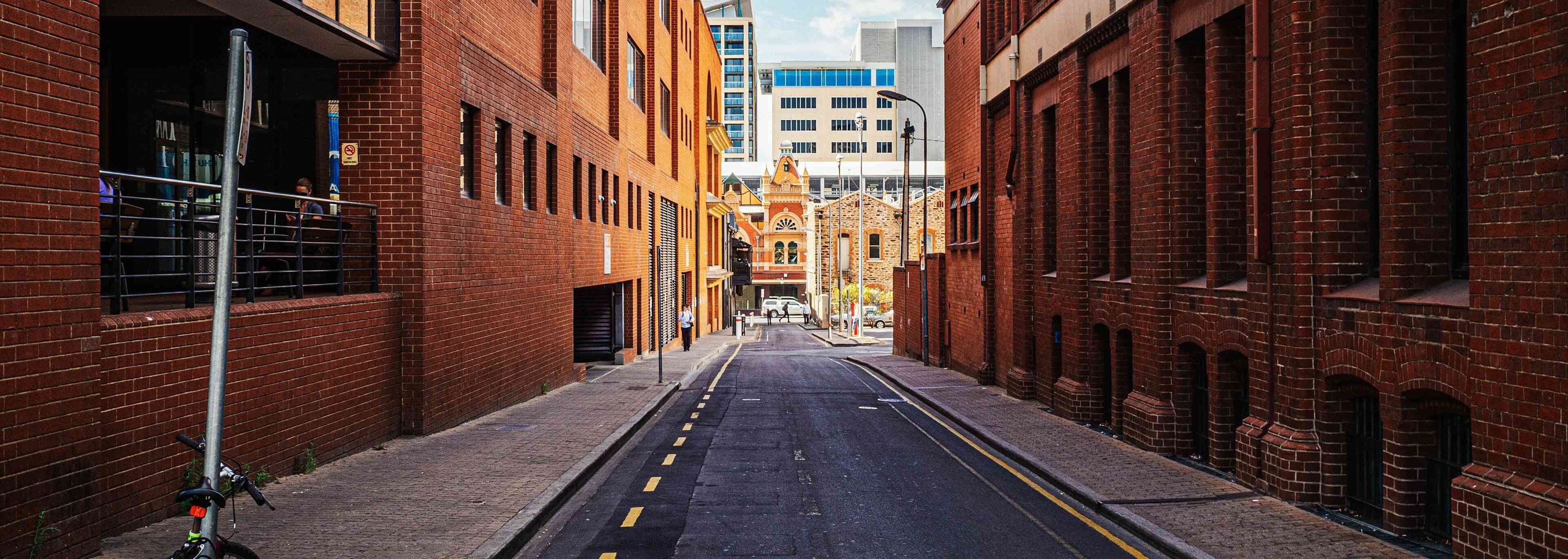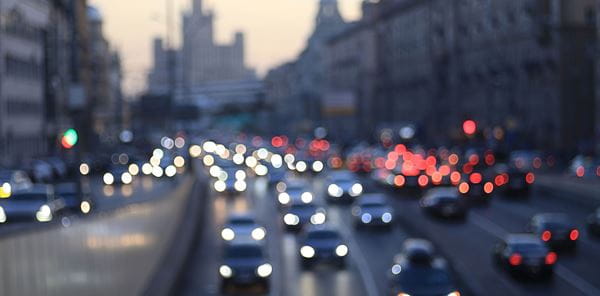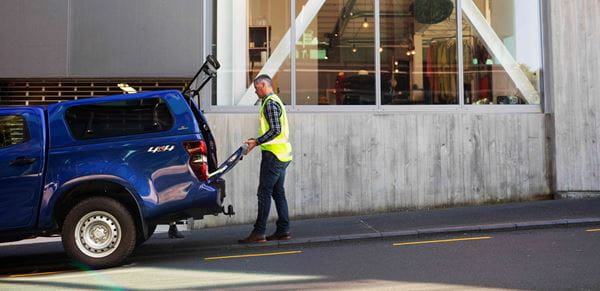
Drive safely, even on empty roads
The measures introduced to limit the spread of the COVID-19 virus include avoiding all non-essential travel and minimizing personal contact. Even though the roads are unusually quiet, it remains important to drive in a safe and socially responsible manner.
The measures introduced to limit the spread of the COVID-19 virus include avoiding all non-essential travel and minimising personal contact. For the majority of people this means staying at home, but there are still many employees for whom certain journeys are unavoidable. Even though the roads are unusually quiet, it remains important to drive in a safe and socially responsible manner. Therefore, we've put together some tips for all drivers who are still required to be out on the roads during the coronavirus pandemic. The coronavirus lockdown has resulted in a significant drop in business mileage. Empty roads can cause drivers to feel more relaxed and their concentration can lapse. Needless to say, this increases the safety risks. At times like these, it is important to be even more careful than usual behind the wheel. Here are our tips for what to watch out for:
Stay alert and give way to emergency vehicles
You always need to look and listen for emergency vehicles, but especially during this health crisis when there may be more of them on the road. Always pull over safely or give way to police cars, ambulances and fire engines.
Watch out for pedestrians and cyclists
The coronavirus measures require pedestrians and cyclists to keep a safe distance from others, and they may unexpectedly swerve or step into the road as a result. Keep an eye out for them at all times, and especially at night or during bad weather when visibility is reduced.
Keep your hands on the steering wheel – don’t use your mobile phone when driving
It is essential to have both hands on the steering wheel to respond promptly and effectively to any incident. Holding a mobile phone while driving is illegal, plus it is a dangerous distraction which impairs alertness and reaction times. Drivers typically have less than a half second to avert an accident, so any delay in perceiving and processing information can be fatal.
Observe the speed limits
It can be tempting to make the most of the lack of traffic and put your foot down! But speed limits are valid at all times, so you should obey them even when the roads are quiet. Needless to say, you should also take weather conditions and special speed restrictions (e.g. in the case of roadworks) into account.
Maintain a safe distance from the vehicle in front
Distance is an important factor in preventing road accidents. Remember that the safe distance between you and the vehicle in front depends on the current conditions; when driving at a higher speed or in poor weather, the vehicle will require a greater distance to stop safely. As a rule of thumb: a car travels three times further after braking in wet conditions than on a dry road.
After a damage-only collision, don’t get too close to the third party
As a result of the coronavirus measures you must maintain a safe distance from others, and that includes after a road accident. If you are involved in a damage-only collision, try to avoid physical contact with the third party. Ideally, take photos of the damage and exchange details via your smartphone. As always, call the LeasePlan Driver Center and Assistance for guidance.



